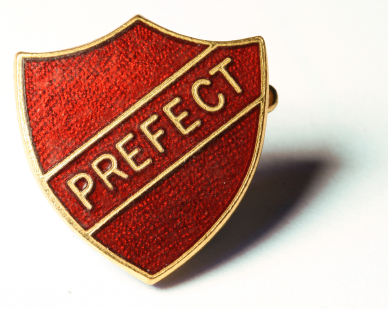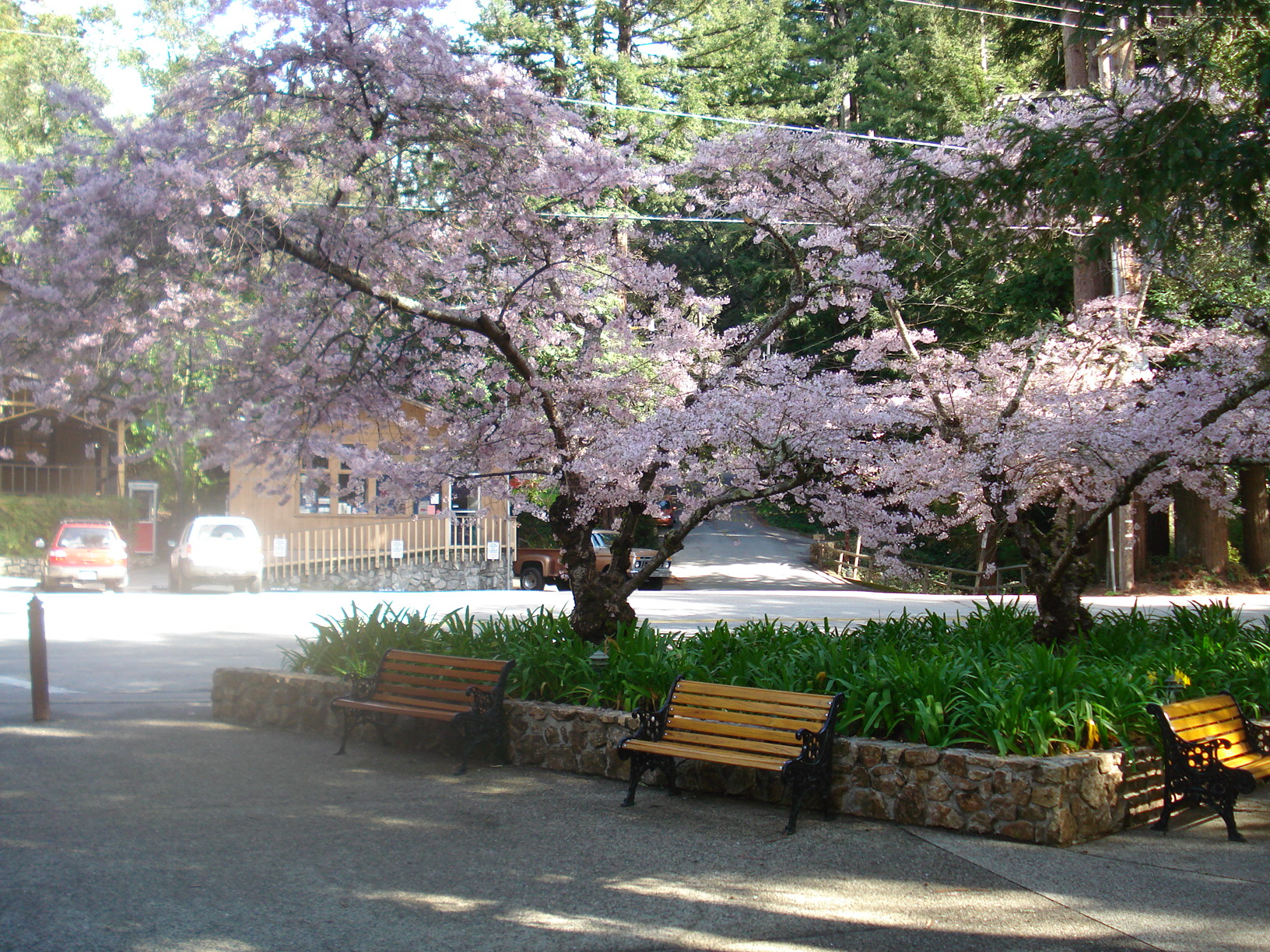This is from a local used bookstore in the Phoenix area.
Enjoy!
Blog
My Hat Collection
As an agent, I wear many hats and I love them all!
Miner's Hat:
Worn while picking through slush pile submissions.
Tiara:
Worn in celebration of gem discovery in the form of your marketable manuscript.
Gold Crown:
In celebration of signing you to be a new client.
It’s A Brave New World
I’ve been in publishing for lo, these many years (over 30), so you’d think the work would be pretty much second nature for me. No so! In fact, just this last week I did something completely new!
I edited a book, in four days, using Skype and Dropbox.
The amazing thing about this isn’t that the author and I got the book done so quickly, but that it was SO MUCH FUN! We parked on Skype for …
The Perfect Christian Woman … According to Christian Publishing
This lady...
Lives a Purpose Driven Life and
Knows the Power of a Praying Wife.
She practices Five Love Languages and
Will not be Left Behind.
She spent 90 Minutes in Heaven
And is convinced that Heaven is for Real.
She is both Captivating and Radical
Because she Kissed Dating Goodbye and
Has developed a Mary Heart in a Martha World.
She wears Blue Like Jazz and keeps The …
Fun Fridays – March 9, 2012
Be careful with your cell phone in church. This could happen to you!
The Unhelpful Rejection Letter
Have you ever received an unhelpful rejection letter that says, "Sorry, but this just isn't a fit for us."? I have. And I've also written more of these rejections than I'd like to admit. In fact, after I write this post, I may just have to send out twenty more.
Some authors write back to say, "Can't you tell me what I can do better? What suggestions do you have?" I'm sure I frustrate writers …
News You Can Use – Mar. 6, 2012
Your Average Facebook Post Only Reaches 12% of Your Friends - Exposing yet another challenge to the world of marketing, either through traditional means or through social media.
New French Law Seizes Digital Rights - "Any book published in France--which would include translated foreign-language books--that went out of print in France--not necessarily elsewhere--before 2001, can be scanned into …
Fun Fridays – March 3, 2012
A cute remake of a famous commercial:
The original commercial in case you haven't seen it for a while:
Editorial Feedback – Not Just Static
As Steve Laube pointed out the other day in his post "The Stages of Editorial Grief" receiving a tough edit can make a writer feel off-kilter, angry, unworthy, and summon other negative emotions. Of course it's okay to experience negative emotions. You can't control how you feel, though you can control how you manage your feelings. As he wisely points out, the key is to overcome emotions and get …
Writers’ Conference Spotlight: Mount Hermon
One of the best-loved conferences is the Mount Hermon Christian Writers Conference. This year the conference will be held from March 30th to April 3rd. I first went to this conference in the late 90s, and have returned every year since. I love the heart of this conference, which is all about uplifting and encouraging, and about honoring the One who has called us to this amazing task. So, as …







